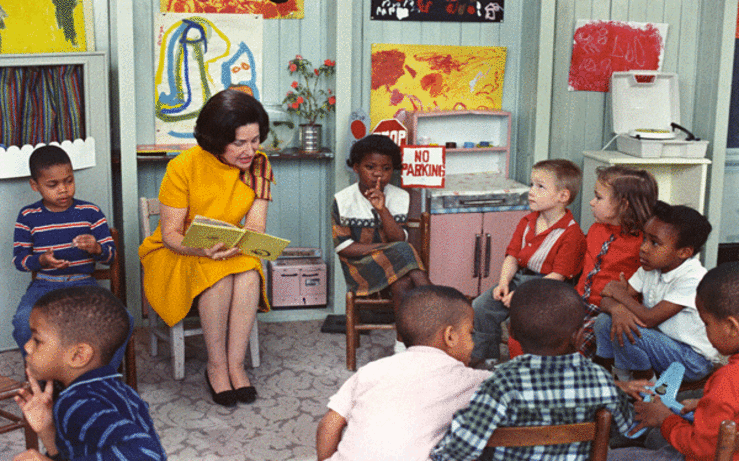What is the issue?
Many students with mental illnesses and intellectual disabilities face discrimination in school, and most schools do not have the resources needed to help. Not only are families lacking support from schools, but school programs do not always have the resources or funding necessary to assist. The issues can range from lack of support for children on the autism spectrum, intellectually disabled students, or students suffering from PTSD and depression to increased suspension and punishment for students exhibiting behaviors related to mental illness or autism.
Why is this important?
Autism affects children of all races and ethnicities, though it is much less likely to be diagnosed in children of color. Students who live in communities with high levels of violence often exhibit symptoms of PTSD, which can go untreated their entire lifetimes. Children of color are often the most likely to be discriminated against, suspended, and eternally disadvantaged because educators and administrators routinely fail to identify and properly treat behaviors associated with autism or PTSD. Instead, students of color with autism or PTSD are more likely to be mislabeled as “problematic” or having “behavioral issues.” Suspensions start as early as preschool and set children on a path of failure throughout their educational careers and adult lives. Instead of providing resources and services, schools too often punish students for behavior they cannot control.
If students’ mental health and developmental needs are met, they are more likely to attend school, engage in school activities, establish healthy, caring connections with others, refrain from aggressive behavior, and avoid the juvenile justice system.
How does iustitia advocate and educate on this issue?
iustitia encourages the implementation of school programs that ensure all students have access to a reliable and strong education, including special needs programs and the availability of mental health professionals. It advocates for public school systems to better equip teachers and administrators to identify PTSD, autism, and intellectual disabilities, particularly in children of color, and refrain from punishment. Through litigation, iustitia advocates for increased understanding and education in the public school systems about the range of behaviors that children with intellectual disabilities and mental illnesses face and how to approach these issues with the best interest of the student in mind.
Recent Developments:
- May 2016: The Globe is taking a year-long look at promising practices to address a range of social, emotional, and cultural issues in Massachusetts public schools that could be affecting classroom achievement. There is a large focus on the lack of mental health support systems available to public school students.
- July 2012: A discrimination complaint was filed with the U.S. Department of Education's Office of Civil Rights (OCR) on behalf of a student at Princeton University. After the student survived an overdose of antidepressants, the University evicted him from his dorm room, prohibited him from attending classes, banned him from campus, and coerced him to voluntarily "withdraw" for a period of one year. The complaint is pending OCR investigation.
Mental Health Service Providers:
- Substance Abuse and Mental Health Services Administration (SAMHSA)
- Association for Children’s Mental Health
Read more on our blog.
- Let Them Speak: Why Teachers and School Employees Need Mental Health Training
- President-Elect Trump’s Potential Effect on Public Education and Neurodiversity
